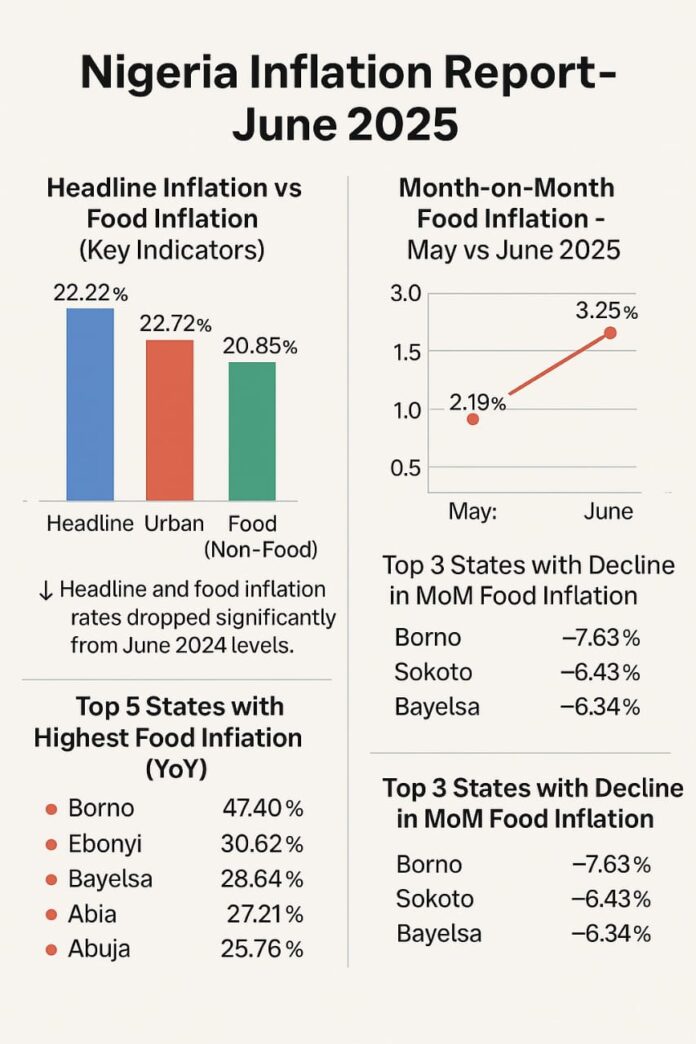Niyi Jacobs
Analysts are urging investors in Nigeria’s banking sector to exercise caution as several banks continue to raise fresh capital through new share issuances.
While such capital-raising exercises provide banks with additional funds to support expansion, lending, and operational needs, they also dilute the stakes of existing shareholders, which could reduce earnings per share (EPS) by the end of 2025.
BusinessNG’s Market Intelligence Unit (BNGIU) highlighted that, in many cases, earnings are expected to grow at a slower pace than the number of newly issued shares.
This dynamic could lead to higher price-to-earnings (P/E) ratios for several banks, making them appear more expensive relative to their projected earnings. ,
Consequently investors and portfolio managers may need to recalibrate their investment strategies, focusing more on forward-looking financial metrics rather than historical 12-months performance.
Financial analysts note that while recapitalisation strengthens banks’ balance sheets, it can also temporarily impact shareholder returns. “Investors must weigh the long-term benefits of a stronger capital base against the short-term dilution of earnings,” said a market strategist.
The trend reflects a broader shift in the Nigerian banking sector, where regulatory requirements and market pressures are pushing institutions to expand their capital base. Investors are advised to carefully review each bank’s recapitalisation plans, evaluate future earnings potential, and adjust their portfolio exposure accordingly.
With multiple banks expected to release half-year financial results soon, market watchers say the performance of newly issued shares and the corresponding effect on EPS will be closely monitored. The development underscores the importance of strategic investment planning in a sector where growth initiatives can sometimes come at the expense of immediate returns.














